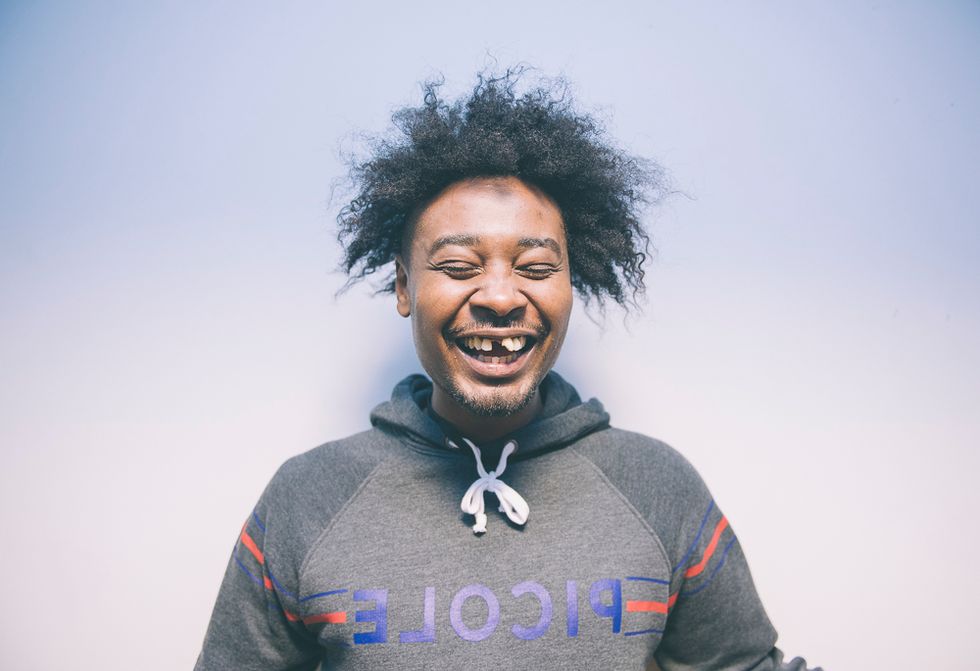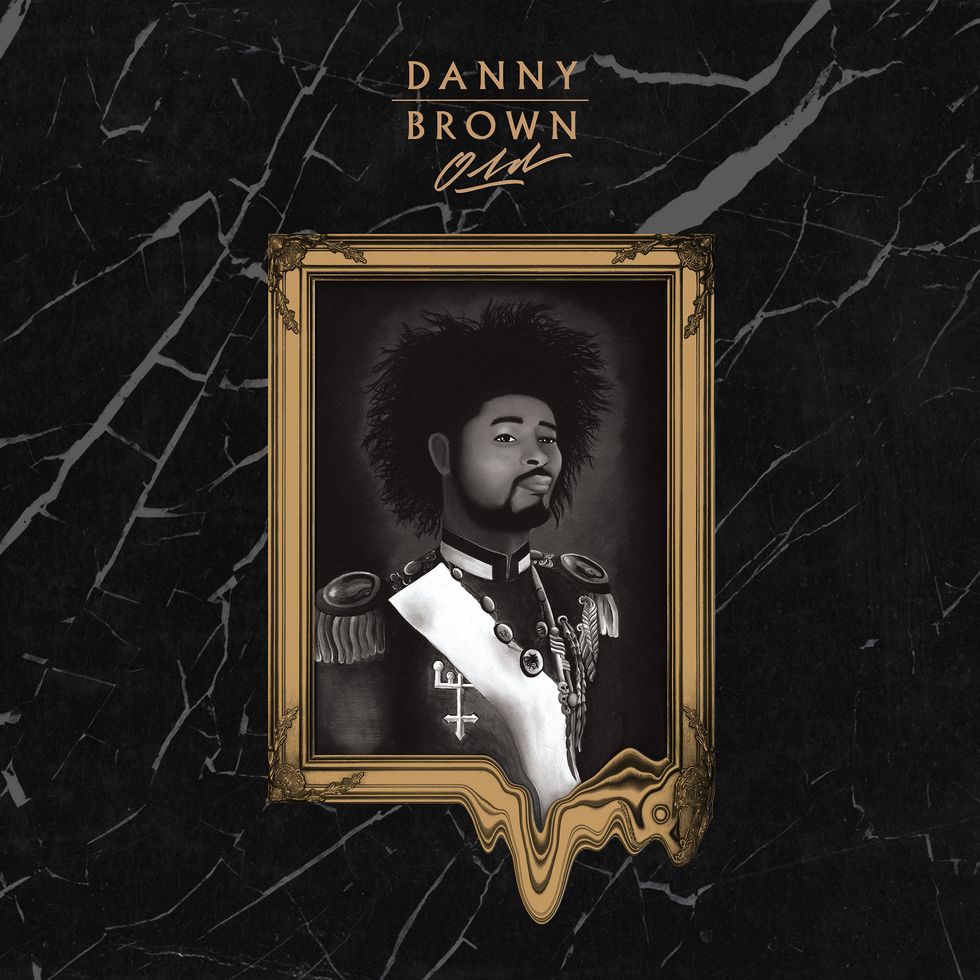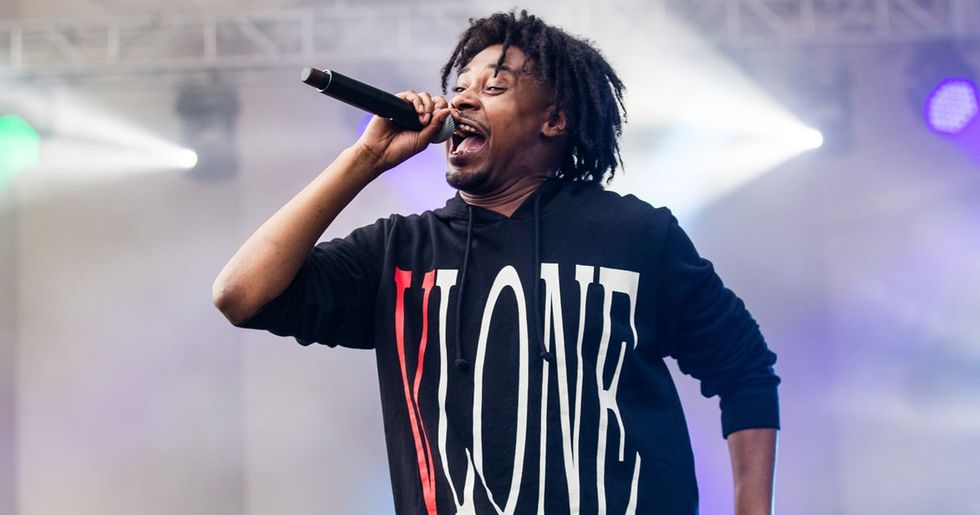I remember the first time I listened to Danny Brown; summer 2014. It was late at night and I was reading old music reviews on Pitchfork. While I was scrolling, I came across an album called “XXX” by Danny Brown, released three years prior. Considering "XXX" received critical acclaim and I was bored, I decided to give this Danny Brown guy a listen.
You may be wondering: how do you remember that night so vividly? Well, I couldn’t possibly forget the first time Brown’s obnoxious yelp came blasting through my earphones. 61 minutes later, I had already listened to the entirety of "XXX". After 22 consecutive songs of Brown rapping aggressively about women, poverty, and drugs, I was definitely startled.
Since that summer night, Danny Brown has transformed into one of my favorite hip-hop artists. As someone who appreciates originality, I admire Brown’s ability to separate himself from other rap artists. By juxtaposing his anomalous voice with idiosyncratic beats, Brown has established a distinguishable sound that contributes to his inherent individuality.
I’ve tried introducing my friends to Brown’s music to no avail. Many people are turned off by his nontraditional flow and the controversial subject matter he often raps about. I, however, view Brown as a modern rap pioneer. He isn’t afraid to be himself behind the microphone and quite honestly couldn’t care less about what people think of him.
After listening to "XXX", I decided to delve into the depths of Brown’s other projects. While I found his debut album, “The Hybrid”, to be rather unentertaining, Brown has showcased tremendous progression over the course of his rap career.
"XXX" served as Brown’s breakthrough in the rap game. Albeit lacking noticeable features and quality production, "XXX" underscores Brown’s experiences in the most unique manner possible. On this album, Brown digs into the emotions of his listeners as he rants about Detroit’s major economic and demographic decline in recent decades, and how his hometown’s collapse played a major role in his upbringing.
Subsequent to "XXX", Brown released “Old” in 2013. Accompanied by features from Freddie Gibbs, Schoolboy Q, and ASAP Rocky, "Old" maintains much more star power than its predecessor. Despite this, some of the tracks on this album seem repetitive. At times it seems as though Brown sways from his own comfort zone so that he can appeal to a commercial audience. Nevertheless, the success of "Old" attests to Brown’s presence as a prominent rap figure.
Brown’s latest album, “Atrocity Exhibition,” named after a Joy Division song and J.G. Ballard novel of the same name, is by far the aging rapper’s most impressive work yet. A grim and disturbing monologue encompassing Brown’s struggles with drug addiction and depression, "Atrocity Exhibition" is unlike any rap project I have ever heard.
If Brown’s sole music-making purpose was to make money off commercial hits, he could very well have released another set of twerk anthems similar to those appearing on "Old" until every attendee at Coachella had overdosed. Instead, Brown decided to release one of contemporary music’s greatest pleasures.
The tracks, “Tell Me What I Don't Know” and “Ain’t It Funny”, sends shivers down my spine each time I listen to them. In order to truly understand the beauty behind this album, you need to listen to it. "Atrocity Exhibition" is not something that can be properly explained with words.
Danny Brown is a latter-day Shakespeare. Despite his age, Brown still possesses the unrivaled lyrical ability and continues to overshadow his peers within the underground rap scene.
Rap is currently undergoing a transition as a new breed of artists wait at the doorstep.
They’ll have to keep waiting as long as Danny Brown is still around.





















